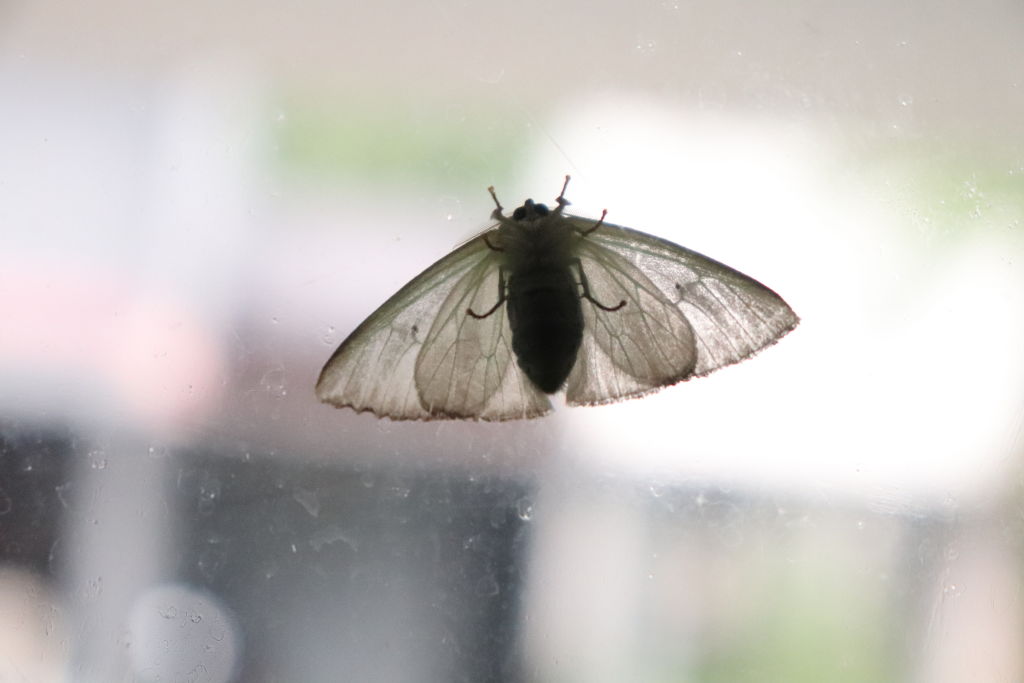Couple sues property developer for $70m over moth infestation
A British couple is suing a high-end property developer for AUD$70 million over a moth infestation at their home in London’s swanky Notting Hill.
Dr Yevhen Hunyak, a paediatric dentist, and his wife, Iya Patarkatsishvili, are taking legal action in London’s High Court against William Woodward-Fisher over the 2019 sale of the home.
According to an article in The Daily Mirror they claim Woodward-Fisher is guilty of “fraudulent misrepresentation” and negligence in failing to disclose previous moth problems at the home where he once lived.

They want Woodward-Fisher to buy back the home and reimburse them for stamp duty and costs related to damage caused by the moths, inconvenience and remediation works to rid the home of the insects.
They say their problems began shortly after they purchased Horbury Villa for AUD$63 million in 2019.
Patarkatsishvili, the daughter of late Georgian billionaire Badri Patarkatsishvili, first noticed a moth flying around the property soon after they moved in.
Their barrister John McGhee claimed they were soon dealing with at least 100 insects a day.
“This was far more extreme than an ordinary domestic experience of moths,” he said.
“Moths were flying around at night whenever someone was using a screen, clothes had to be packed in hermetic bags, carpets and furniture were damaged, numerous items of clothing were eaten, moths got in wine and food and on cutlery and toothbrushes.”
It was alleged the problem was traced to woollen insulation in the walls of the home.
At the root of the court case is assertions that Woodward-Fisher knew about the problem but didn’t disclose it.
However, his King’s Counsel said his client told his solicitor they had experienced problems with moths but as they were not vermin they didn’t need to be disclosed.
McGhee claims the “presence and cause of the infestation was well known” to Woodward-Fisher, who was an “experienced property developer” who extensively redeveloped the property before living in the home.
He further claimed that the woollen insulation he and his wife installed in the home “was a food source for moth larvae and became infested with them, and by 2018 they were suffering serious problems with moths, which required frequent treatments.”
Woodward-Fisher insists he was honest on pre-sale forms, and as far as he knew, the previous moth problems had been eliminated by the time the couple moved in. He also says their claim for costs was exaggerated.
The trial continues.
We recommend
States
Capital Cities
Capital Cities - Rentals
Popular Areas
Allhomes
More
/http%3A%2F%2Fprod.static9.net.au%2Ffs%2Ff37f109b-b56a-411c-a40d-9e0a7ffaf608)









